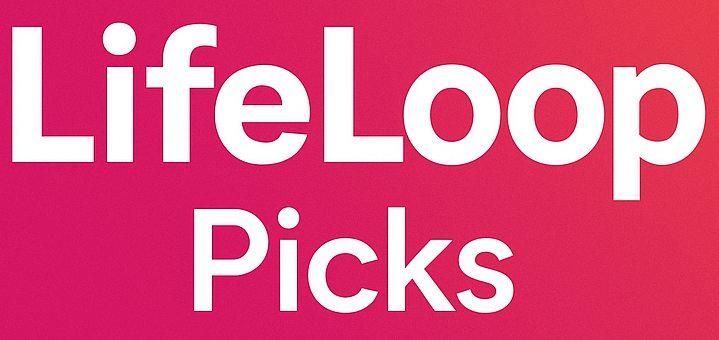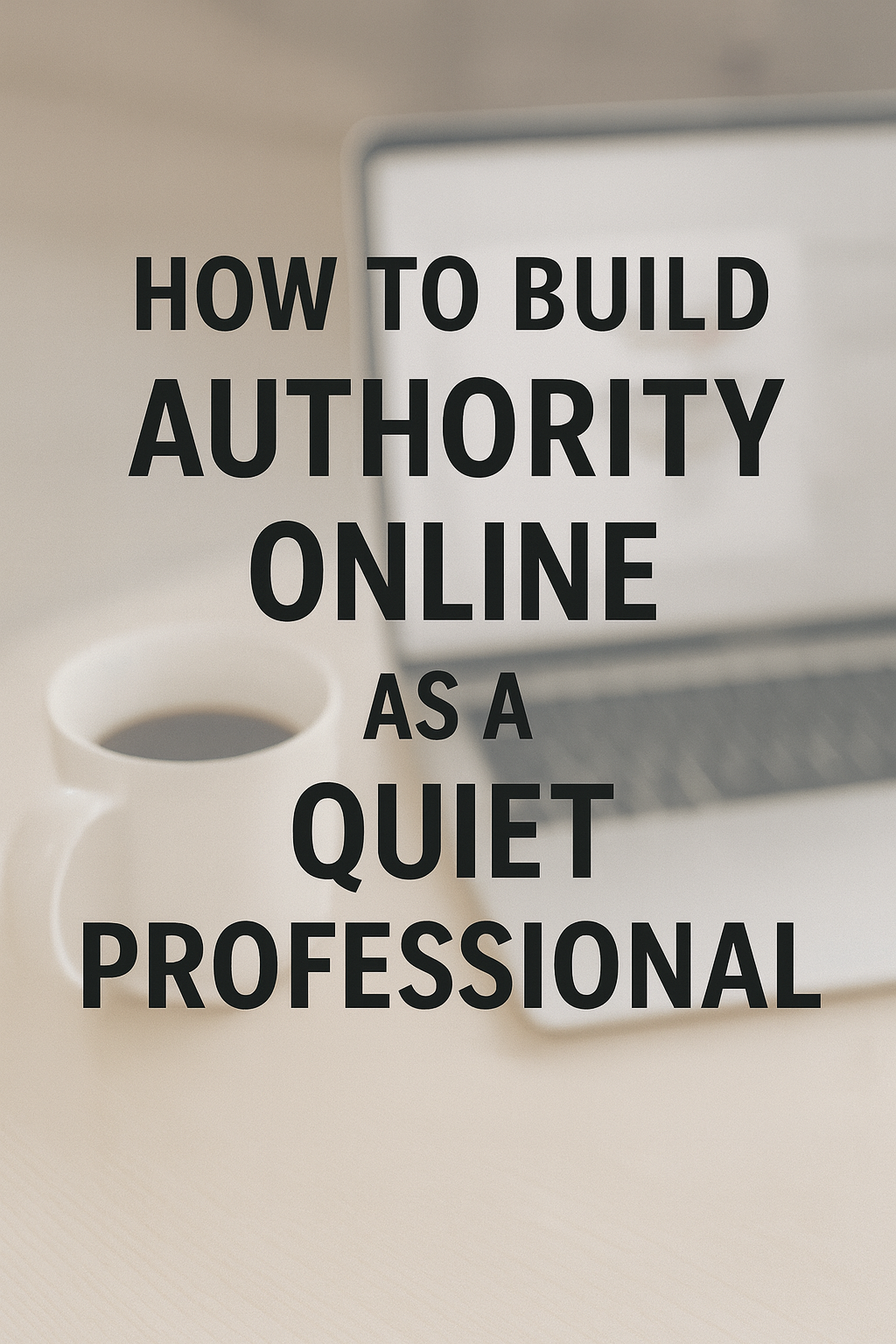No stage. No spotlight. Just clarity, credibility, and quiet influence
Why Quiet Professionals Need Authority (Not Noise)
You don’t need a booming voice to be a leader online. In fact, in today’s noisy digital landscape, quiet professionals often hold an edge:
- They observe first, then speak.
- They think deeply, then publish.
- They prioritize quality over performance.
But while being quiet is a strength, being invisible is not. If you want to attract clients, create impact, or monetize your skills—you need to build authority online, intentionally.
The good news? You can do this without going live, shouting on social media, or showing your face every day.
1. Choose a Focused Niche Where Depth Wins
Quiet professionals thrive in specific spaces where research, results, and clarity matter more than showmanship.
Ask yourself:
- What problem do I understand better than most?
- Where have I seen real transformation (in work, business, or self)?
- Who already values thoughtful, detailed content?
Example Niches:
- “Finance automation for freelancers”
- “Pinterest SEO for Etsy shops”
- “Nutrition strategy for hormone balance”
The more specific your focus, the faster you build authority—even with a small audience.
2. Build a Quiet Authority Framework
Experts don’t just share tips—they teach frameworks.
Create a repeatable process that reflects how you solve a problem. Give it a memorable name.
Example:
The “Quiet Compounding Method” – A 3-part strategy for introverts to grow online using 1 platform, 1 lead magnet, and 1 weekly habit.
Use this framework across:
- Blog posts
- Newsletter series
- Slides or carousel pins
- Lead magnets / templates
This positions you as someone with a system—not just an opinion.
3. Write Evergreen, Searchable Content
Quiet professionals often prefer writing. Good news: written content lasts longer and builds trust over time.
Start with pillar blog posts that solve deep, persistent problems your audience Googles or saves.
Example Titles:
- “The Quiet Professional’s Guide to Building a Personal Brand”
- “5 Tools I Use to Stay Visible Without Being Online All Day”
- “What to Say on LinkedIn When You’re Not a ‘Content Creator’”
Optimize for SEO using:
- Clear H1/H2 structure
- Keyword-rich intro
- Lists, questions, FAQs
- Internal links + a CTA to your lead magnet
Pro Tip: Repurpose blog content into faceless pins, LinkedIn carousels, and newsletter tips.
4. Create a Professional Personal Website
Your website is your quiet salesperson.
It works 24/7 and never needs small talk.
Essential pages to include:
- About: Who you help, your method, your story
- Work With Me: Services, packages, process
- Case Studies or Results: Proof beats hype
- Lead Magnet Opt-in: PDF, checklist, or free email course
- Blog: For search traffic and content authority
Use minimal design, easy navigation, and calming colors. Let your clarity be the conversion factor.
5. Grow Through Guesting, Not Hosting
If the idea of podcasting, YouTube, or running a community feels exhausting—don’t do it.
Instead, guest post, guest speak, or collaborate with creators who already have audiences.
Quiet professionals are often amazing:
- Guest bloggers with case study-style articles
- Podcast guests with one clear signature topic
- Newsletter collaborators who share value-packed tools
All you need is one solid pitch:
“Hey [Name], I’ve helped [audience] with [result] using a [framework]. I’d love to write a guest post or join your podcast to share it.”
Low pressure. High reward. Sustainable reach.
6. Use Tools to Stay Consistently Visible (Without Exhaustion)
You don’t need to be everywhere—just somewhere often enough.
Quiet professionals win by using automation + batching:
- Schedule blogs and emails with ConvertKit, MailerLite
- Queue Pinterest posts with Tailwind
- Batch LinkedIn carousels or captions using Notion or Buffer
Suggested Posting Flow:
- 1 blog post/week
- 1 Pinterest pin/day (auto-scheduled)
- 1 weekly email (with blog insights)
- 1 guest post/podcast per month
This rhythm lets you stay top-of-mind—without burning out.
7. Show Proof, Not Just Presence
Loud professionals often rely on visibility.
Quiet professionals? They rely on results.
Highlight:
- Before/after numbers
- Screenshots of client wins
- 1-minute video walkthroughs (even faceless)
- PDF breakdowns of your method
Authority comes from demonstrating outcomes, not just being active.
8. Let Your Audience Come to You (with a Magnet)
Authority leads to attraction.
But only if you make it easy to join your world.
Create one lead magnet that:
- Solves one clear problem
- Aligns with your framework
- Requires low effort to use
- Links to your paid offer or next step
Example:
“Quiet Visibility Toolkit: How to Get Seen Online Without Overposting”
Add this opt-in across your blog, Pinterest, LinkedIn profile, and guest bios.
Final Thought: The Power of Silent Influence
You don’t have to be the loudest person in the room to lead the room.
You just need to consistently show:
- You understand the real problem
- You’ve helped others solve it
- You have a clear way to help more
If you’re a quiet professional building in public, remember:
Clarity > Volume. Proof > Performance. Stillness ≠ Smallness.

